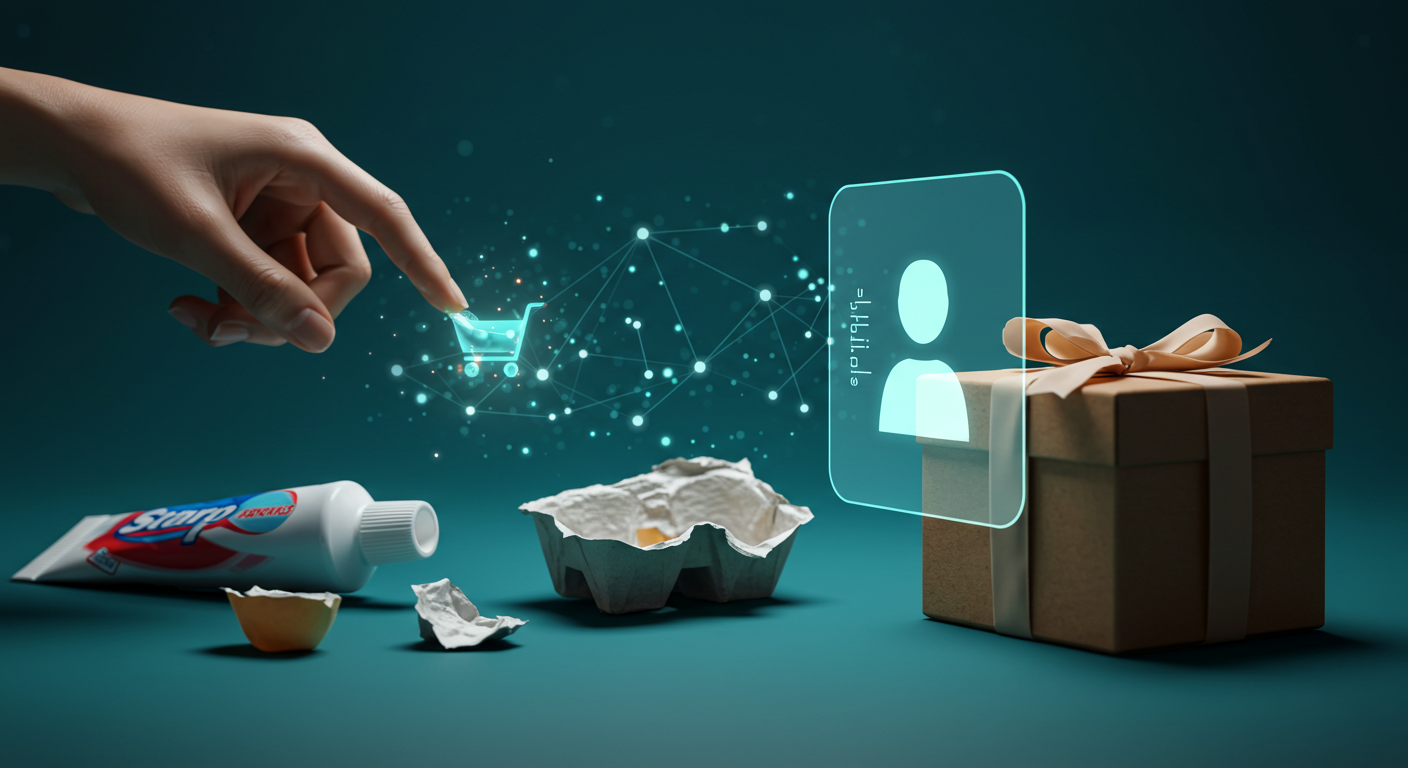Welcome to the Era of Predictive Commerce
For years, promises of AI in retail centered around customization, targeted advertisements, curated homepages, and product suggestions based on last week’s clicks. However, in 2030, we are moving into something more profound: AI that does more than respond to your commands. This is AI that understands and acts on your preferences.
This is predictive shopping: a future in which intelligent digital agents know your habits, routines, and preferences so well that they make purchases before you even realize you need them.
From Search Bars to Shopping Agents
When did you last use a search engine and type “toothpaste” in? That search will not happen in a fully predictive system. Instead, your AI helper sees when you are running low, knows your favorite brand, considers your travel plans, shipping options, and budget. It then places the order before you even realize you need it. Furthermore, this applies to much more than just toothpaste. It works for gifts, food, skin care, travel basics, digital services, and indeed, toothpaste.
Why This Isn’t Just “Better Personalization”
Traditional personalization remains reactive; you click, and the system replies. Predictive shopping, conversely, acts proactively. It anticipates and acts, all without the need for a click. Multimodal data (voice, location, biometrics, habits) drives this shift. Autonomous AI bots learn from your behaviors and secure permissions, building on trust-based systems. We are not simply discussing AI as a helper. Instead, we are talking about AI as an autonomous buyer, a reliable copilot in your everyday life.
READ ALSO: AI is teaching us to shop like humans
What This Means for Brands and Marketers
The challenge arises because your normal channels will not work if people start shopping before they even get to your site. So, how will you win?
First, capture the agent’s attention. This involves organizing product data, standardizing supplies, establishing clear rules, and preparing shopping systems for APIs.
Second, do not solely focus on traffic; optimize for trust as well. AI bots are designed to filter out noise. Flashy marketing will not work. Accuracy, availability, and delivery will become the key factors.
Third, carefully monitor customer satisfaction after a purchase. The moment of truth now extends from the beginning of the funnel through delivery, packing, and subsequent repeat behavior.
The Future Customer May Never Visit Your Store
Consider a world of retail where:
- Consumers never browse.
- SEO no longer hinges on keywords.
- Their AI, not a person, makes the decisions.
Ultimately, we are witnessing a transition from the attention economy to the anticipation economy.
Will Customers Still Be In Control?
Yes, provided the processes are transparent and people choose to use them. Predictive shopping might restore what people miss: freedom from constant decision-making, guilt over impulsive purchases, and endless Browse. Instead of removing people, it empowers them to focus on what truly matters.
ALSO WATCH: MARKETING EDGE ONTV







Comment
No comments found.